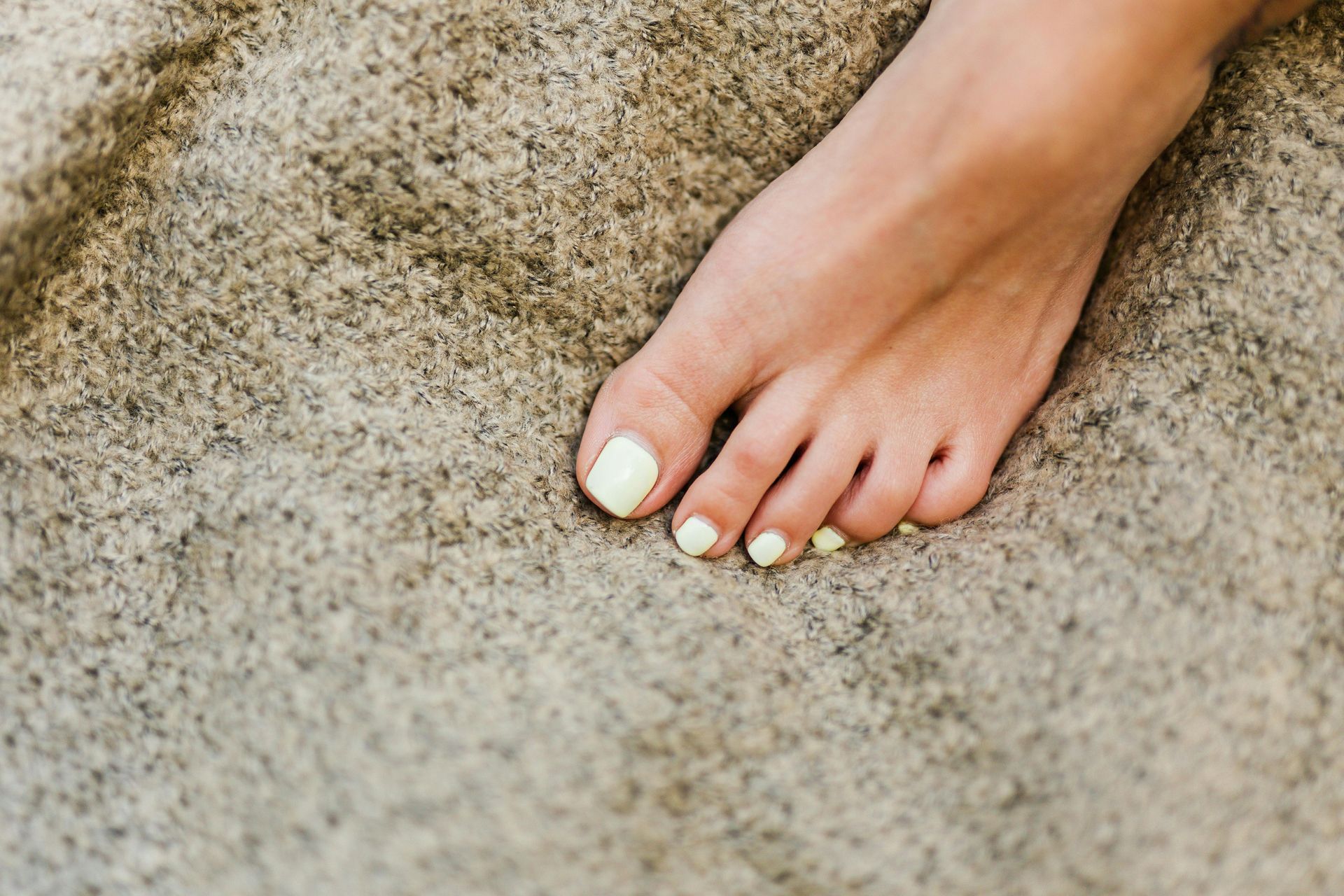Why do I keep getting cramp?
AAARRRRGGGGHHHHHH! Crrrrrraaaaaammmmmpppp!
It happens to all of us. There you are, mid-exercise, when suddenly - it strikes!
Those little daggers in the back of your leg, your foot or calf.
What is cramp?
It's a temporary, involuntary contraction of a muscle...I say temporary, it often feels like it's going on for-ev-er!
What causes it?
Cramp's notoriously unpredictable, so it's hard to do proper studies on it.
But there have been observational studies indicating that dehydration can be a cause, especially if the temperature is higher.
What does it mean for you if you regularly get cramp in the middle of class?
Make sure you're drinking enough during the hours leading up to your class (overall aim for 1.8-2 litres/ day).
Is it just dehydration?
As I said, it's hard to study, but apparently, some lucky souls have participated in studies where someone applied an electrical stimulation to their shortened muscle to try and induce cramp.
Sounds fun.
Not.
What the scientists (Spanish Inquisition?) found was that the muscle wouldn't always cramp...but that hydration status played a part in likelihood of a cramp.
So, no, not always, or not just dehydration.
If not just dehydration ..what else?
The studies seemed to indicate that cramp was more likely when the muscle was being asked to work while already shortened.
Which kind of explains why hamstring cramp in bridge, or foot cramp when we're pointing our toes, occurs.
How can we avoid cramp during should bridge work?
My observation is that it happens less if we're really using our butt muscles to lift our hips.
When we default to relying on our hamstrings, we're more likely to get cramp.
So, as soon as you lift your butt off the floor, start squeezing it.
I'm reading a meta study as I write this, and there was some research done in athletes.
It seemed that they were more likely to get cramp at the start of the season when fitness was lower.
It's making me wonder if there's a part to play here in having been sat on our hamstrings all day (where they're squished while at the same time. being passively shortened).
Then, if we're not engaging our glutes enough, our "unfit" hamstrings cramp.
Just my theory there!
What about foot cramp when we're pointing our toes?
Again, my observation is that this happens more often when we're lying on our fronts, or we're in all fours.
I notice it particularly happens when we're extending our leg away from our hip.
It makes me wonder whether there is some correlation here between again, use of the glute max to extend your leg from the hip; versus trying to "kid your brain" you're extending by reaching with the toe knuckles.
I do notice that it happens less frequently when we think about reaching the feet away from the ankles and don't scrunch the toes up.
And use our butt muscles. Again.
How do I avoid cramp?
Well, a good start is to stay hydrated, especially in warm weather.
But, another study seemed to indicate that while stretching is the cure when it happens....it can also help some people as a preventative measure.
So stretch more (8.15am on Fridays anyone?).
There are also a whole heap of other folk remedies and cures...but none of them have good scientific studies to support them.
Although pickle juice seemed to come up with an honourable mention.
In fact, the main thing that I took from the paper* I was reading was that no one could really agree on what was the underlying physiological reason for the cramps; or what to do to stop or avoid them.
Not sure that this really answered Mary's question, but it was an interesting read anyway!
* Study is "Muscle Cramping During Exercise: Causes, Solutions, and Questions Remaining" and can be read here if you want more










